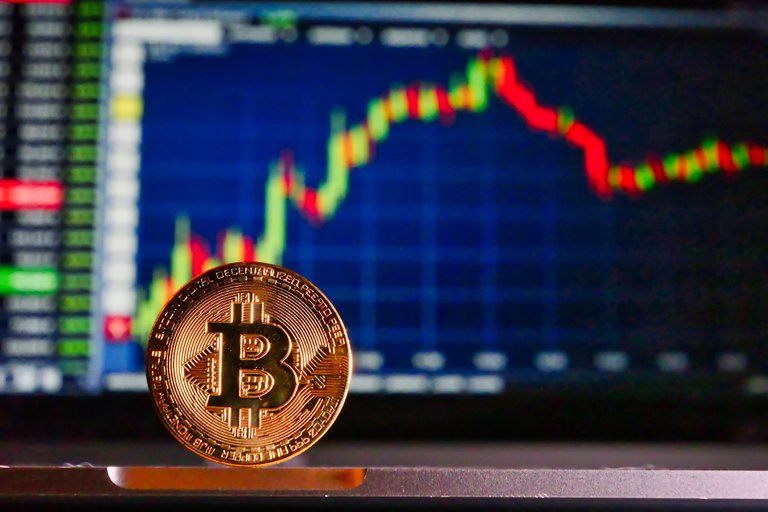
The world of finance is constantly evolving and changing, and the latest concept that has been gaining a lot of attention is DeFi crypto. Decentralized Finance, also known as DeFi, is a new concept in the financial industry that leverages blockchain technology to provide decentralized financial services. This new approach to finance is rapidly growing in popularity and is seen as a potential game-changer in the industry.
DeFi crypto provides a decentralized approach to finance that eliminates the need for intermediaries such as banks, financial institutions, or other third parties. Financial applications are built on top of decentralized blockchain networks such as Ethereum, Binance Smart Chain, or Solana. This allows for peer-to-peer transactions without the need for a central authority to manage the transactions.
One of the most popular examples of a DeFi application is decentralized exchange platforms like Uniswap, PancakeSwap, and Serum. These platforms allow users to exchange their crypto in a decentralized manner, without the need for third parties like banks or central exchanges. This provides users with more control over their crypto assets and eliminates the need for intermediaries.
The advantage of DeFi crypto is that it enables anyone to access financial services without being tied to geographical limitations or bureaucracy. Users no longer need to open a bank account, undergo KYC (Know Your Customer) verification, or wait for approval from others to conduct financial transactions. This is particularly useful for people in countries where the traditional financial system is underdeveloped or not easily accessible.
Furthermore, DeFi crypto also provides users with the freedom to control their own assets. Users can control and secure their own crypto assets without the intervention of third parties. This is different from the traditional model where the security of user assets depends on trust in third parties. By removing intermediaries and providing more control to users, DeFi crypto is making financial transactions more secure, efficient, and cost-effective.
However, there are also risks to be aware of when using DeFi crypto. Because of its decentralized nature, DeFi crypto does not have the insurance guarantees that are typically provided by traditional financial institutions. Additionally, due to the freedom provided to users, there is a risk that users may make mistakes in using DeFi applications and lose their crypto assets. As the industry is still in its infancy, there may also be some uncertainty and volatility in the market.
Nevertheless, DeFi crypto remains an exciting innovation and has the potential to change the way we interact with finance. With the continued growth of DeFi crypto, we may see more DeFi applications emerging and driving the development of a more decentralized and inclusive economy. This could have a significant impact on financial inclusion and provide access to financial services to those who have been traditionally excluded from the formal financial system.
In conclusion, DeFi crypto is an innovative approach to finance that is gaining traction in the financial industry. By leveraging blockchain technology and providing a decentralized approach to finance, DeFi crypto is unlocking new global financial opportunities that were not previously possible. While there are still risks associated with this new approach to finance, the potential benefits are significant and could help to create a more inclusive and decentralized financial system.